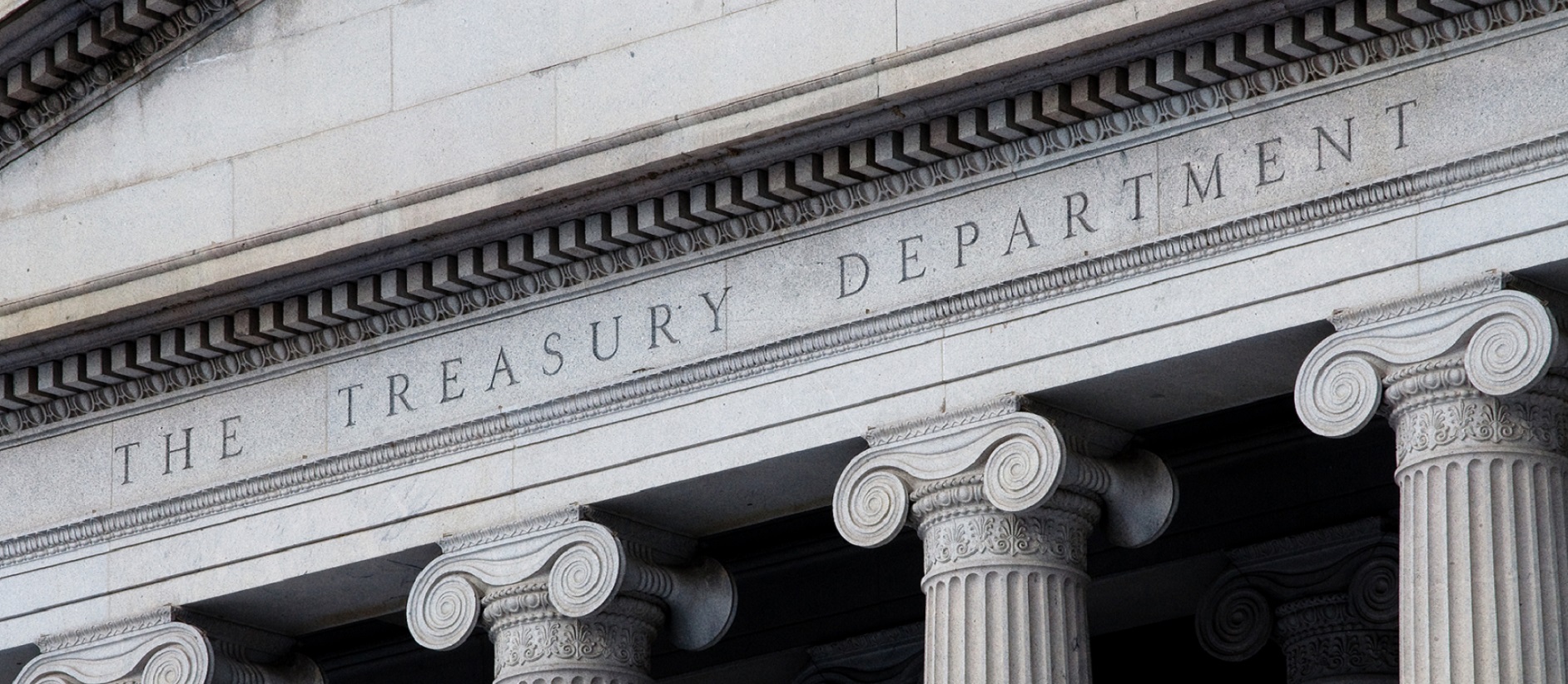Hedge Funds Still Can’t Figure Out a Way to Avoid a $25 Billion Tax Bill
The tax man cometh for some of the richest money managers in the U.S. They’ve had eight years to dream up a dodge. So far, no luck.
The deadline they face is Dec. 31, 2017. That’s when a loophole closes, and hedge-fund managers will have to pay taxes on performance fees parked offshore. Some have brought the money home, taking the hit, but others have waited to benefit from the magic of tax-deferred compounding. And in the hope that clever advisers would come up with a workaround for a total that some estimates put at $100 billion — at least.
“They figured that by the time we got to 2017, someone would have found a way to eliminate all of the tax,” says Richard LeVine, of counsel at Withers Bergman, a New Haven, Connecticut, law firm that has been a pioneer in tax planning to the ultra-wealthy. That didn’t happen. “Now we are halfway through 2016, and it’s going to get very busy.”
The experts’ failure to find a fix is excellent news for the U.S. Treasury and states including Connecticut and New York, where many hedge funders live and work. The combined bill for the likes of Steven Cohen, David Tepper and John Paulson could reach tens of billions. Charities could benefit too, because the best way for the rich to cut liabilities is to donate to an IRS-approved cause.



